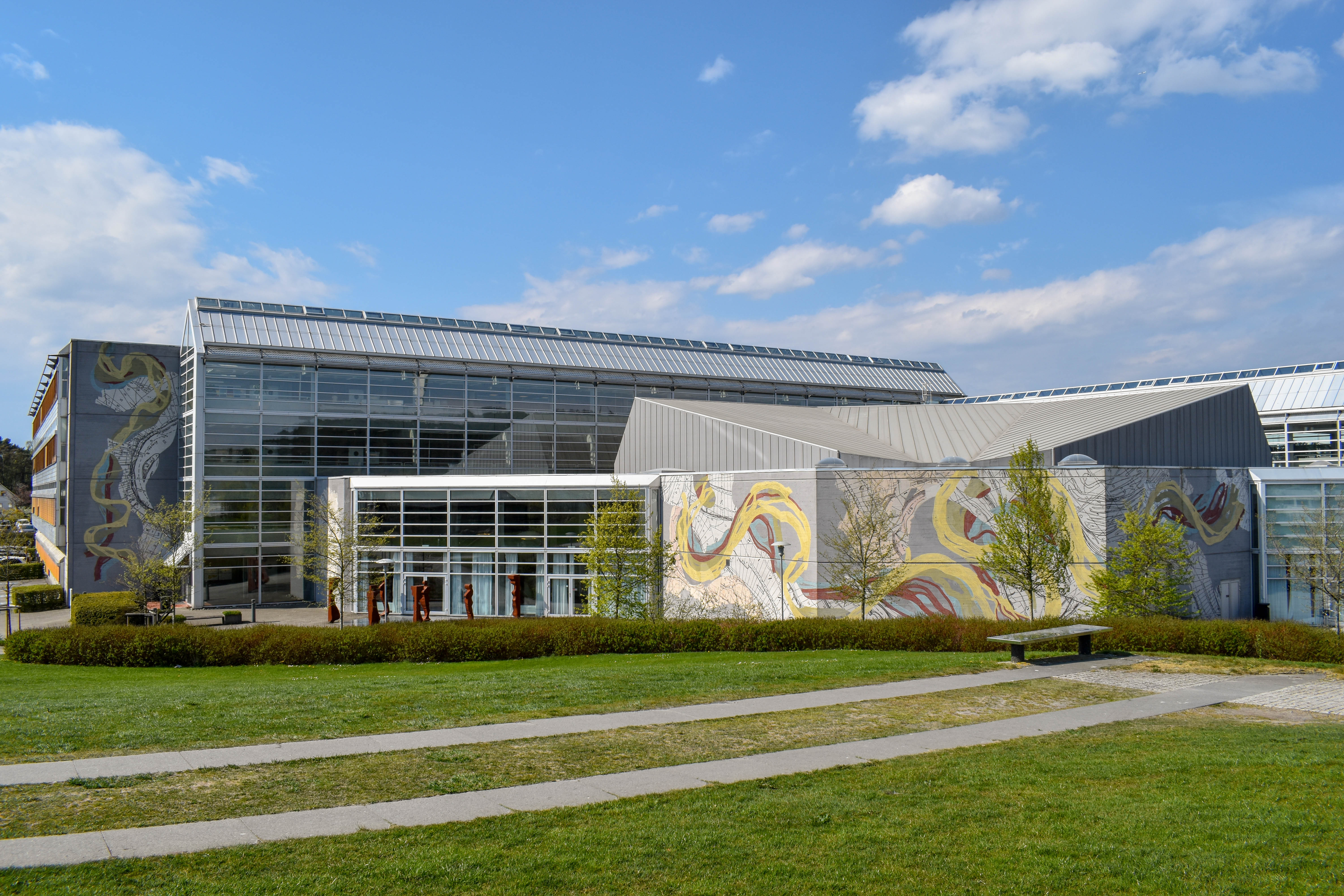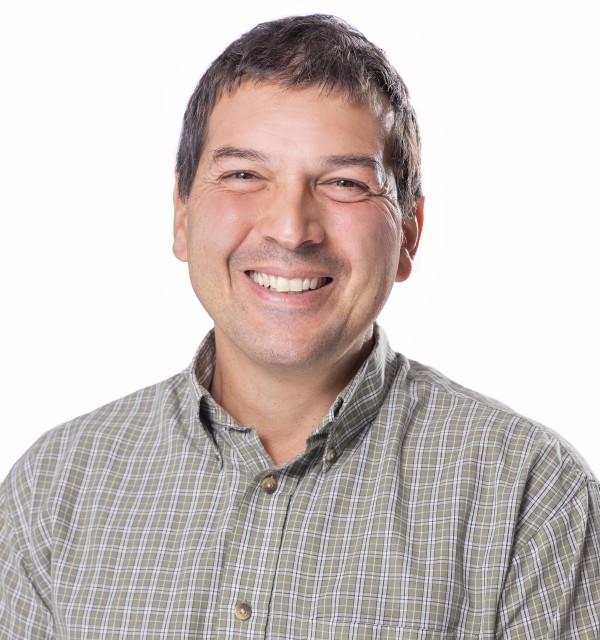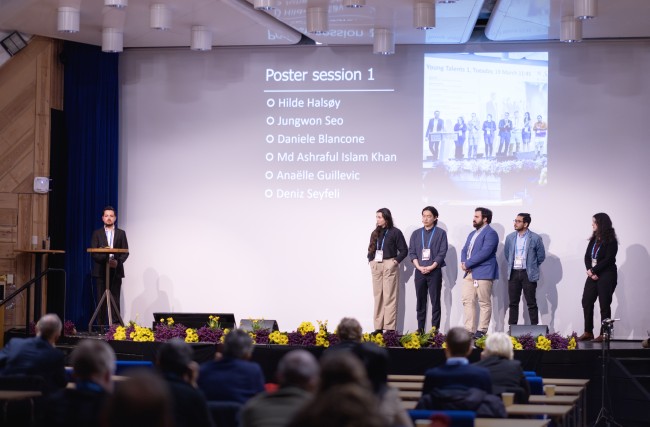The Department of Energy Resources is a strong academic environment with international top-level research and education.
38
140
Kjølv Egelands house, E block (3rd floor), Kristine Bonnevies vei 22, 4021 Stavanger

About the department
The Department of Energy Resources boasts an international environment for staff and students. The research is associated with societal challenges and opportunities stemming from environmentally friendly energy and climate solutions. This includes production and storage of energy resources and waste in the subsurface, geosciences, technology for improved oil recovery (IOR), modelling and decision & data analytical methods and applications. The department offers study programs relevant for subsurface resource evaluation, storage, and production of natural resources and modelling for improving decision-making and value creation. The study programs also provide general knowledge in areas such as geotechniques which is relevant for construction and archeology.
We have broad collaboration with other universities, research institutes and industry. The department has an international focus with a large degree of English as teaching language and mobility of students and staff. The Department of Energy Resources has ca. 45 members of staff, including PhD students and post-doctoral fellows.
We also have a student union; Synergy.
Studies
The department of Energy Resources offers a wide range of studies.
- Master of Science in Energy, Reservoir and Earth Sciences
- Master of Science in Computational Engineering
- Energy Technology and Geosciences – PhD
See full list of study programmes on our Norwegian pages.
You can also apply for single courses at UiS:
- GEO100 Earth, Energy and Climate
- GEO130 Geophysics
- GEO140 Fluid Flow in Porous Media
- GEO150 Energy Resources
Are you an exchange student? See our courses offered to inbound exchange students.
Research at the department
Research at the department of Energy Resources covers a broad amount of areas within energy resources, increased subsurface understanding, near surface geophysics, technology for increased oil recovery (IOR), and decision and data analysis.
The department is responsible for the management of the former National IOR Centre (2013-2021) and the National Centre for Sustainable Subsurface Utilization of the Norwegian Continental Shelf (NCS2030; 2022-2029).
Research areas
National Centre for Sustainable Utilization of Energy Resources on the Norwegian Shelf

The research centre NCS2030 will find solutions that maximize the value creation of energy resources on the Norwegian continental shelf, while at the same time achieving the the net zero emission (NZE) goals.
Meet our PhDs
Contact us
Department of Energy Resources
Faculty Administration TN
Kontor for utdanningsadministrative tjenester
Faculty Administration TN
Related content
Advancing the Hydrogen Economy: Unlocking the Potential of Salt Caverns
Hydrogen is increasingly recognized as a pivotal element in the transition to sustainable energy, crucial for mitigating...
Energy students awarded for their efforts
Repsol awarded a total of four prizes and NOK 120,000 to master students at University of Stavanger.
New methods for characterization of impurities in chalk
Tine Vigdel Bredal has investigated different methods for analyzing chalk at core level and right down to the smallest s...
UiS students won the Laurie Dake Challenge
Master students from University of Stavanger won the prestigious student competition during the geology conference EAGE ...
He is Energy Professional of the Year
Reidar Bratvold won the prize as Energy Professional of the Year at the SPE gala.
Highlights from the first UiS Petro-Games
In a riveting showcase of industry knowledge and teamwork, the inaugural UiS Petro-Games competition proved to be a reso...
Analytical Solutions Toolbox for Multiphase Core Analysis
Developing a digital toolbox for Special Core Analysis (SCAL).
Seismic inversion methods for reservoir characterisation
Nisar Ahmed has developed a workflow for seismic inversion methods to estimate the rock-properties in a reservoir.
Impact Case: The National IOR Centre of Norway
The National IOR Centre has provided cost efficient and environmentally friendly solutions for improved oil recovery on ...
Special Core Analysis – Modeling, Experimental Design and Upscaling
Prediction of subsurface multiphase or single-phase flow processes is challenging, but important for oil and gas product...
Industry awards to energy students
Repsol and Vår Energi awarded a total of nine prizes and NOK 350,000 to bachelor and master students at UiS.
What does the energy industry need?
Researchers at University of Stavanger have asked the industry to define their education needs in the years to come.
Energy Norway 2023 summed up
This year's conference theme: Subsurface for energy security and sustainability.
Understanding the initial wettability of reservoirs
Panagiotis Aslanidis defended his thesis on wettability for core analysis. The purpose of his research was to link reser...
Twinning to Sustainable Energy Transition (Twinn2SET)
The European Union is facing a pressing challenge to transition into a carbon neutral economy by 2050. Researchers from ...
Defended his thesis on reservoir optimization
Micheal B. Oguntola has studied optimization and modelling of enhanced oil recovery injection strategies in his PhD proj...
Defining Future Subsurface Education Needs in Collaboration with the Energy Industry
This project (SUBSET) aims to increase the relevance of subsurface course content to actual needs in the energy indust...
Subsurface Utilization for Renewable Energy
The Subsurface Utilisation and Renewable Energy group addresses the latest issues related to the energy transition, unde...




















